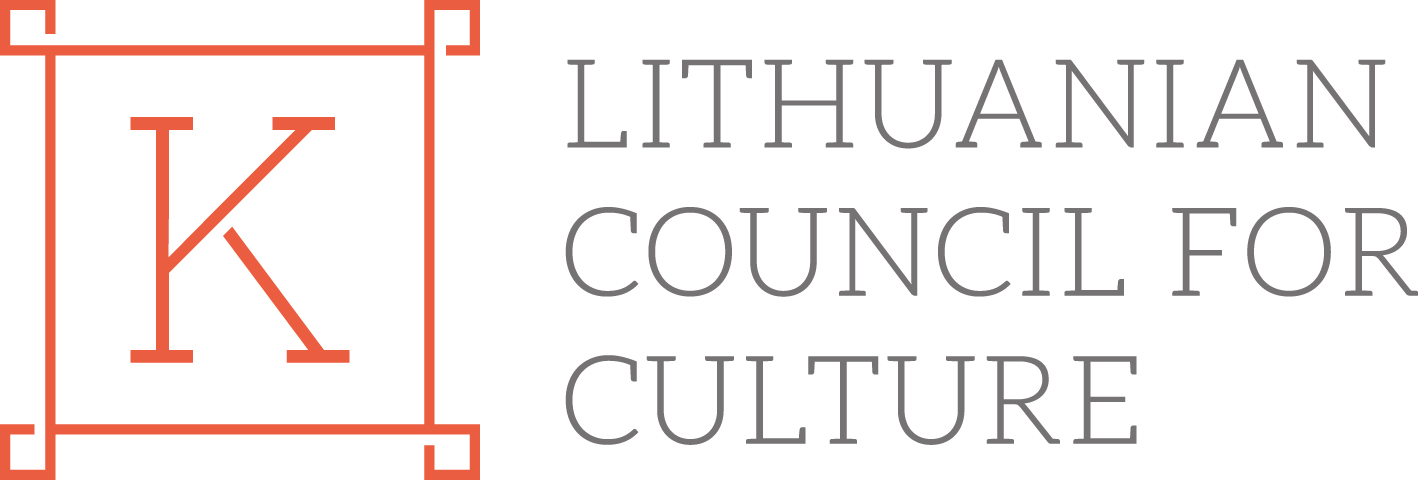The pianist Balys Žiūraitis/ Balis Novak
By Rūta Skudienė
The decades of Lithuania's restored independence have often opened unexplored sources of information, and new facts are discovered about performers who played jazz in times that were most unfavourable for this genre. Their names are less well known, but their lives bear witness to the unique development of the country’s jazz in the 1960s and 1970s.
The pianist Balys Žiūraitis (1951–1990) was well known among Vilnius bohemians and intellectuals. In 1968, he graduated from the M.K. Čiurlionis School of the Arts. While he was a student, he played in youth big beat bands, and later he studied piano and composition at the Lithuanian Conservatoire (LMTA, now the Lithuanian Academy of Music and Theatre). In 1968 he participated in the M.K. Čiurlionis Piano and Organ Competition.
The pianist had an excellent academic education, but he preferred popular music and jazz groups: he played in the Nemunas Žiburiai ensemble and the Lithuanian Radio and Television Light Music Orchestra, and in bars and restaurants around the capital. During the Soviet era, Žiūraitis’ vivacious and controversial personality aroused the suspicions of functionaries working in culture; that is why the Vilnius branch of Melodiya records was not allowed to make recordings of the pianist. Fortunately, in 1972, together with Arvydas Jekelaitis (b) and Arvydas Biteniekas (dr), Lithuanian Radio recorded several improvisations on themes of songs by Lithuanian composers performed by the Žiūraitis Instrumental Trio. Some other historically valuable archive recordings of his have survived. The pianist followed the best classic jazz piano traditions (Erol Garner, Oskar Peterson); his interpretations of jazz standards and original compositions were characterised by virtuosity, humour and expressiveness.
In around 1978, Žiūraitis left for Great Britain to live with his mother, Sulamita Aronovsky-Žiūraitienė, who had emigrated in 1971.1 He changed his hard-to-pronounce name to Balis Novak, and was known as the first jazz pianist to come from Soviet Russia. In 1979, he won the first prize in the 9th International Organ, Piano and Jazz Improvisation Competition in Lyon in France.2 In a review in the Lyon newspaper Le Progrès, he was mentioned as a young "Soviet" performer who represented Great Britain, beating all the other participants in the jazz improvisation competition in terms of originality and mastery.3
After the competition, Žiūraitis was invited to perform in Europe, participated in jazz festivals in Chichester, Sheffield and Cork, and in Pori (Finland), and played with the Imagination group, singer and actress Nina Hagen, and at the live music club Band on the Wall in Manchester. Until 1989, he often played at Ronnie Scott's, one of the oldest and most popular clubs in London. His repertoire was diverse: from Duke Ellington and McCoy Tyner to his own compositions.
Serious Western media wrote about Balis Novak: The Daily Telegraph, Le Progrès, Melody Maker and Jazz Journal International. In 1985, the Forsyth Brothers published Feelin' Good, a collection of 20 of his original pieces for beginners to learn the basics of jazz.
The pianist returned briefly several times to Lithuania. According to his friends, he hardly talked about his achievements on the international stage. His last return to his homeland ended tragically: the pianist died at the age of 39, and was buried in Vilnius.
Balys Žiūraitis revealed his talent to the international jazz community, but until now he has remained little known, with a controversial reputation in the jazz establishement and in Lithuanian culture.
The compositions from the collection Feelin' Good were recorded for this project by the Lithuanian pianist virtuoso Egidijus Buožis, a professor in the jazz department at the LMTA (www.egidijusbuozis.com).
------------------------------------------------------------------
1 Aronovsky is known in the international music world as the founder and chairman of the judging panel of the London International Piano Competition, and as a professor at the Royal Academy of Music in London.
2 The competition was held on 19 June 1979 at the Maurice Ravel Hall in Lyon.
3 "Le 9e concours international d‘improvisation", 23 June 1979.




